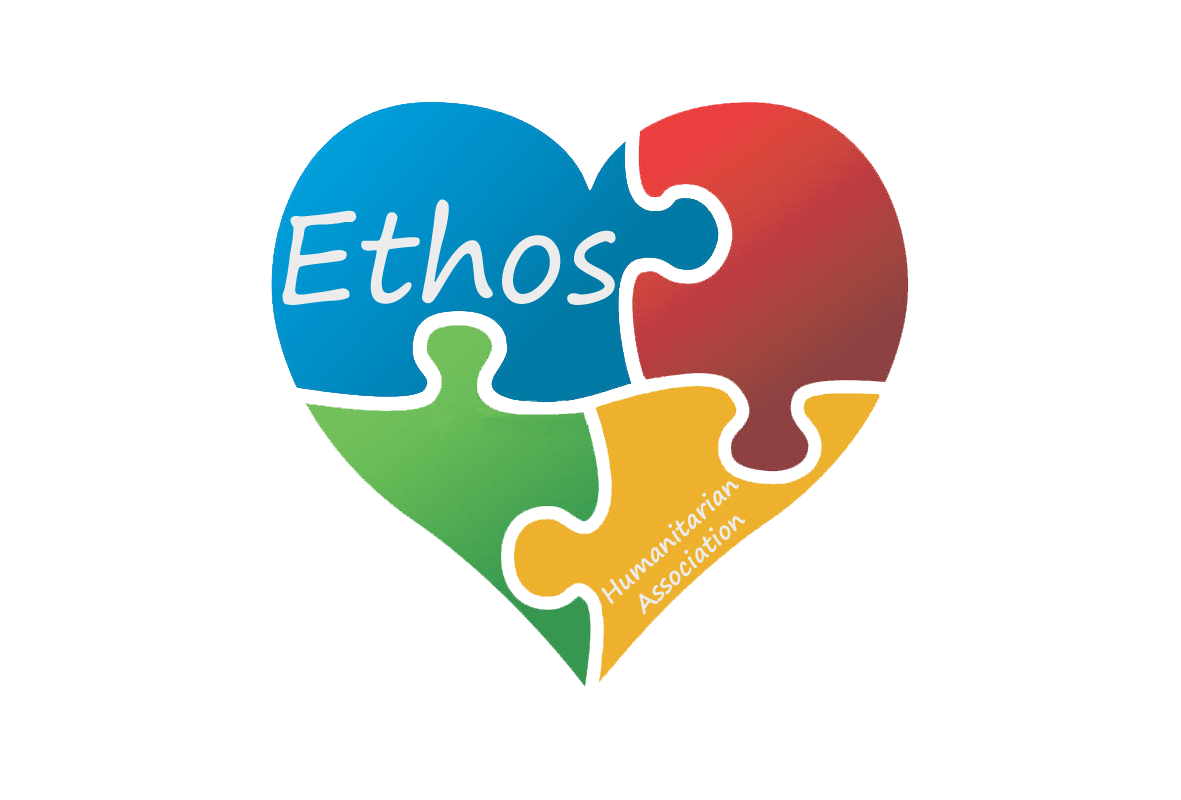Imagine residing in a place where opportunities to generate income for your family are non-existent. Picture receiving only $3 per month in food rations, leading to daily struggles with hunger and malnutrition. It’s challenging to fathom surviving on such meager resources, yet this is the harsh reality faced by residents of the Nakivale Refugee Settlement in Uganda.
Located in the Isingiro district and established 61 years ago, this settlement is home to over 150,000 people from at least 8 different African countries, including the Democratic Republic of Congo, Somalia, Burundi, Rwanda, Ethiopia, South Sudan, and Eritrea. These individuals have sought refuge in Nakivale to escape poverty, climate change, war, and political suppression. Despite the sheer number of refugees, the settlement grapples with additional challenges that threaten its stability.

The World Food Programme (WFP) has been providing food aid for many years to sustain the residents. Unfortunately, the rising global cost of food has led to a reduction in the number of food rations provided to each refugee. Since 2018, the WFP has allocated only 13,000 UGX per month per refugee, equivalent to just 3.48 USD. This has resulted in widespread food shortages, contributing to a hunger crisis, malnutrition, and an increase in child labor.
The issue is compounded by the escalating global cost of food, increasing almost daily due to various global challenges. The rising prices mean a dwindling supply for Nakivale, with the possibility of further cuts to rations in the future.
Finding a sustainable solution to provide food for the thousands of residents has become critically important. Currently, job opportunities are nonexistent, with approximately 44% of young refugees in Uganda unemployed due to a lack of skills and experience. Additionally, there is a significant shortage of decent work opportunities, an unaffordable education system, and limited social networks.
Paulinho Muzaliwa, the Founder of Unidos, emphasizes the growing problem, stating, “Humanitarian aid is decreasing every day, and the worrying part is that donors have started losing interest in donating for the long-term survival of the refugees.” Committed to finding sustainable and regenerative ways to feed everyone without relying on external aid, Paulinho stresses the need to think outside the box and build skills to address the current crisis.
A crucial aspect of their efforts at Nakivale is Permaculture Training, focusing on farming and cultivating food while imparting knowledge to refugees. The goal is to transform the settlement into a regenerative community where every refugee has access to clean water, sufficient healthy food, and quality education promoting creativity and self-progress.

What is Permaculture Training?
At Nakivale, Permaculture is defined as the development of an agricultural ecosystem using local and renewable resources. This training program takes inspiration from nature to create synergetic farming systems based on crop diversity, resilience, and sustainability.
Passionate individuals in the community are selected to participate in the course, which typically lasts for 3 or 4 weeks. This includes two weeks of theory and 1 or 2 weeks of intensive practical learning. Breakfast is provided in the morning, and group activities throughout the day foster relationships among trainees.
Upon completion, graduates receive toolkits valued at $15, containing watering cans, a hoe, and a box of seeds.
Who Takes Part?
While men have been more active in various training groups, efforts are underway to encourage greater female involvement. The goal is to involve everyone in creating the desired change, irrespective of gender or roles within their communities. Collaborative efforts can empower each other to take charge of education and the well-being of future generations, promoting self-reliance and reducing malnutrition and child labor.
Permaculture Training includes cultivating annual crops such as maize, beans, lettuce, spinach, and cabbages.
Why Permaculture Training?
Over 1700 people have undergone Nakivale’s Permaculture Training since last year, a life-changing skill for many. Beyond farming, the course contributes to personal development and community growth. Graduates are employed within the Unidos team, empowered to teach the course to other refugees.
This training is essential as it provides a natural method to cultivate crops, using local resources for resilience, food security, and sustainability. More individuals with Permaculture skills are needed to co-create and regenerate the Nakivale community.
Attempts to grow food with chemical fertilizers have proven unsustainable. The eroded soil and water scarcity at Nakivale make organic soil generation crucial. Permaculture Training promotes this knowledge, offering a long-term, sustainable solution for refugees to become independent of food aid and enjoy their own organic produce.
Outcomes:
The Permaculture ethics of “Care for the Earth,” “Fair Share,” and “People Care” guide the community. Sharing surplus resources, including knowledge, skills, and materials, is integral.
Paulinho Muzaliwa envisions a hopeful future for the settlement as more families co-create and transform Nakivale into a regenerative community.
Looking to the Future:
Climate change poses daily challenges, prompting the Unidos team to mitigate its effects. Encouraging community members to participate in Permaculture Training equips more refugees with the skills to grow their own food.
For Paulinho Muzaliwa, it’s an opportunity for diverse nationalities to unite, prioritizing the growth and regeneration of their food supply and community education. The goal is a sustainable future independent of food aid. Muzaliwa emphasizes the need for a new mindset to overcome challenges and rewrite Nakivale’s story as a resilient and creative community.
